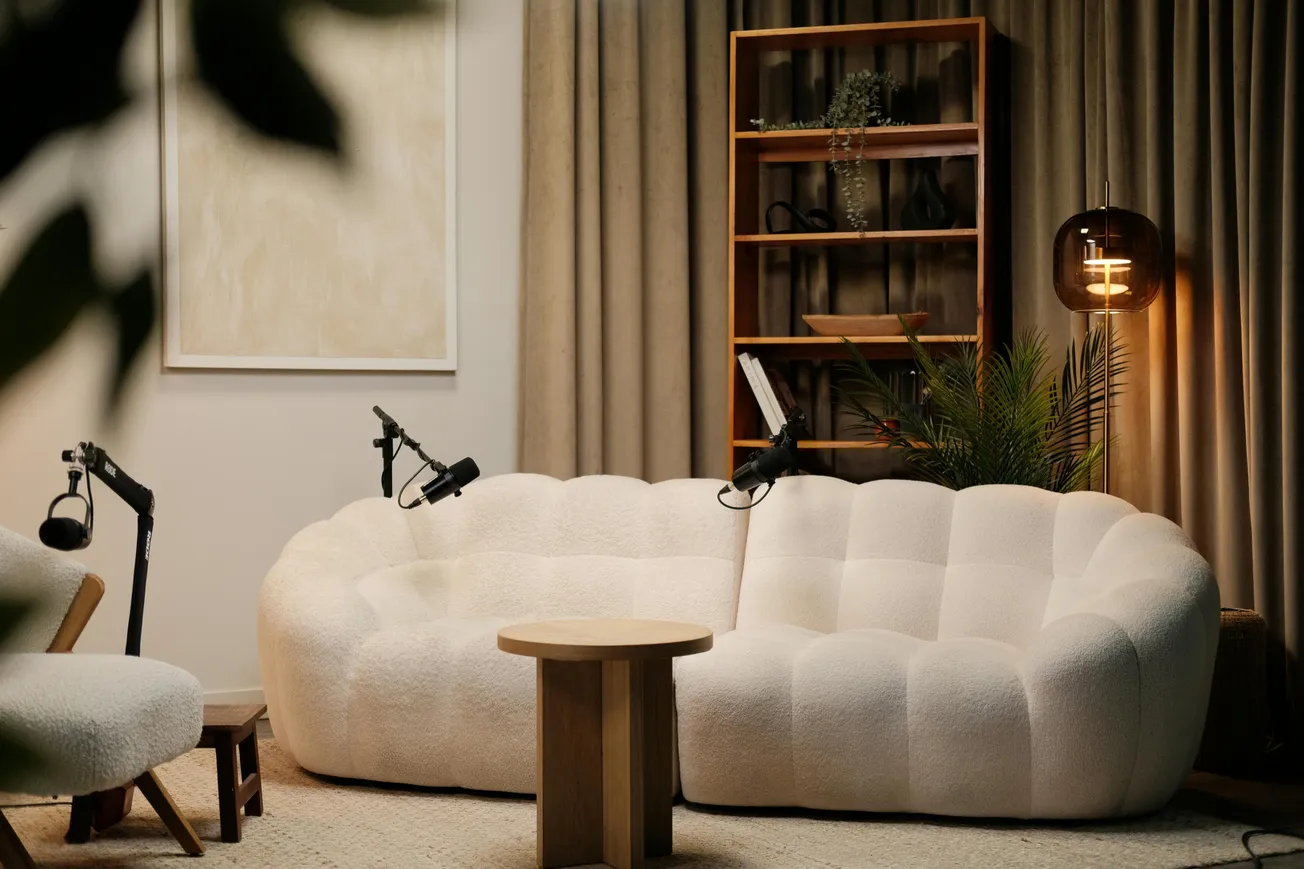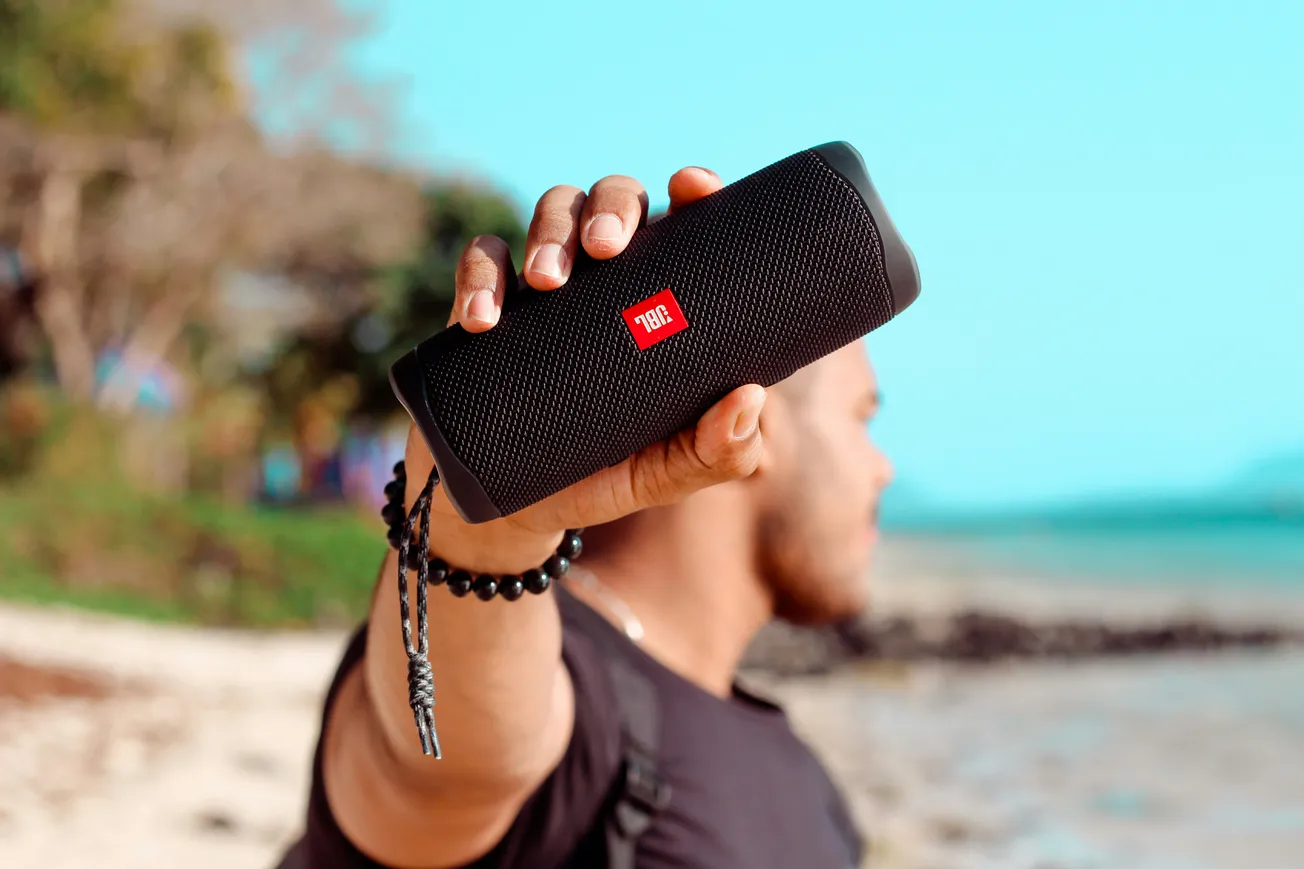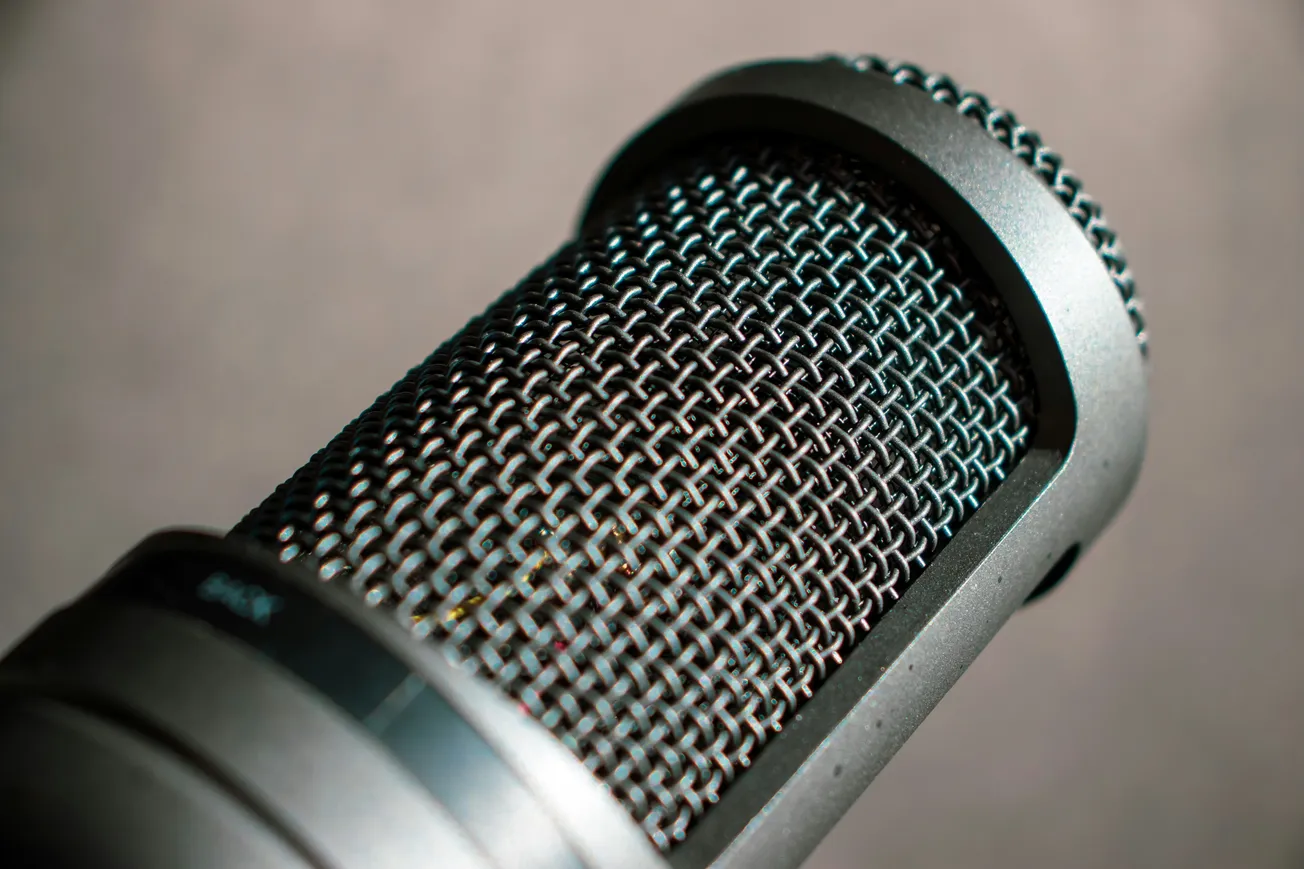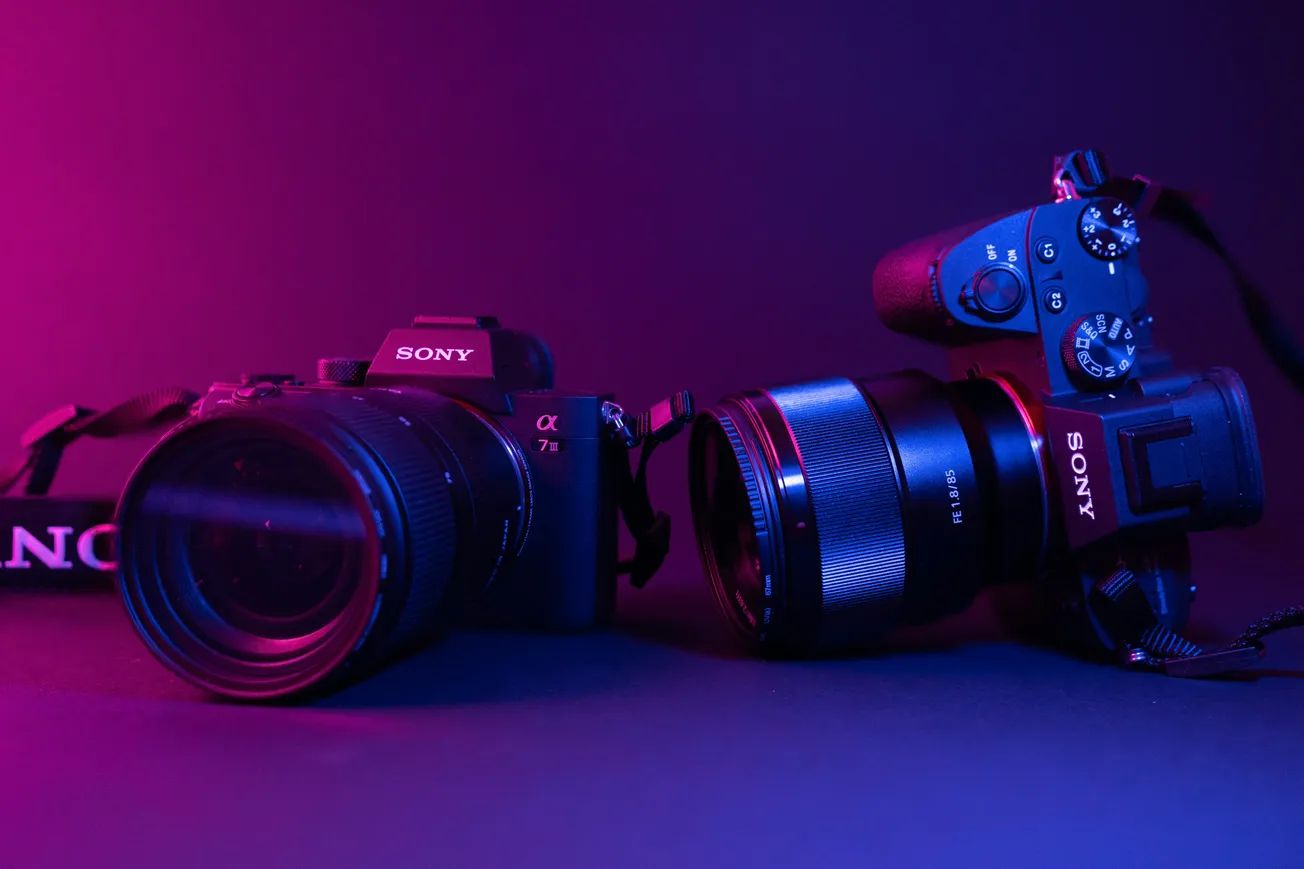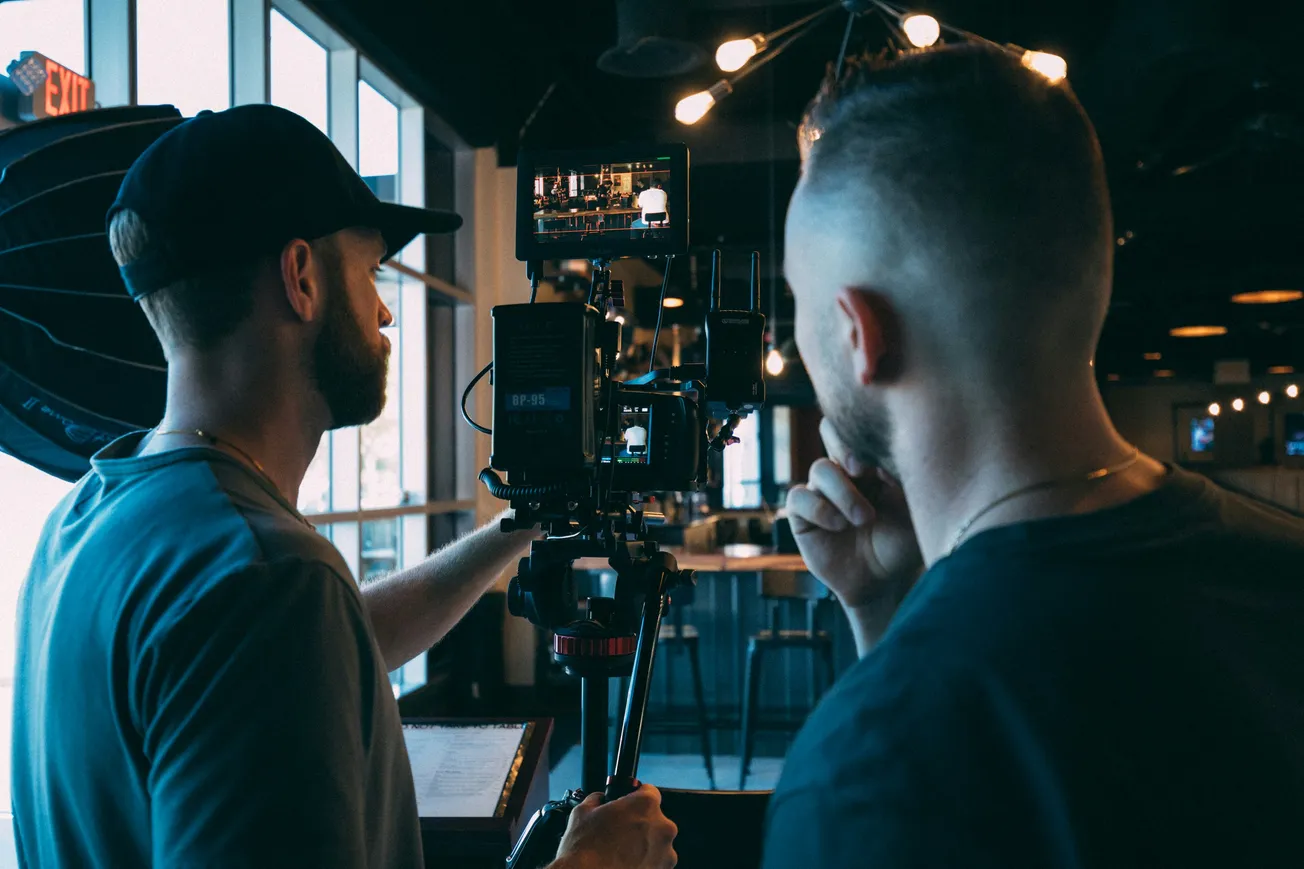First Impressions: What’s in the Box?
Right out of the box, the Wave Mic Arm Pro feels pretty solid—most parts are metal except for the front ball head knob (that’s plastic). It comes with:
- The arm itself (black or white, with color cap options)
- Adapters for three thread sizes: 1/4", 3/8", and 5/8"
- Desk clamp (padded, fits up to 2.4”/6cm desks)
- Optional riser (adjusts base height from 6 to 10cm)
If you’re wanting to go all-in with a permanent setup, there’s also a desk plate option for drilling into the furniture (no thanks, but hey, the option is there).
Comparing to Other Mic Arms
Here’s a quick breakdown:
| Model | Price (approx.) | Key Features | Verdict |
|---|---|---|---|
| Elgato Wave Mic Arm Pro | $179 | Low profile, cable magnets, riser | Practical, slick, not too spendy |
| OC White Ultima Gen 2 | $400+ | Premium finish, very adjustable | Awesome but expensive |
| Yellowtec Mika | $300-400 | German, sturdy, vertical build option | Great but not for all setups |
| RODE PSA1+ | ~$120 | Classic design, okay for most uses | Good value, lacks bells & whistles |
| Elgato Wave Mic Arm LP | ~$100-150 | OG low profile, fewer features | Fine, but Pro is better |
So, if you have a specific layout—say, a laptop and monitors eating up all your desk space—the Yellowtec or OC White might make sense. Otherwise, the Wave Mic Arm Pro handles most needs, for less cash.
What’s Actually Improved?
If you’ve used Elgato’s older low profile arm, you’ll notice these upgrades:
- Spring-Damped Upper Arm: Handles up to 6.6 lbs (3kg) and you can tweak tension with a built-in allen screw. Super smooth for moving mics around mid-recording, though, you shouldn’t do that much.
- Stronger Cable Cover Magnets: The magnets mean the covers don’t just fall off (finally). But it does take some muscle to remove them, so plan your cable runs before clamping the whole thing down.
- Cable Channel Placement: Now hidden underneath, not up top. Looks way cleaner on video.
- Customizable Cap Colors: Match your style, or just go with whatever’s in the box. I like a bit of color so that’s a win.
- Riser Included: Adjust the mounting height—a small detail, but it can really help if your desk setup is weird.
Compatibility Test: Will It Hold My Mic?
A lot of folks ask about the Shure SM7B (because everyone seems to have one now). The answer is yes—it fits just fine.
The arm has room for that chunky yoke and awkward XLR connector on the SM7B, no problem. With three thread adapters included, it’ll hold about any mic you’ve got.
Desk Clamp: Little Quality of Life Features
The desk clamp deserves a mention. It’s padded (no desk scratches), and you can twist the handle to any angle after tightening. No more handles sticking out and stabbing you in the leg every time you type.
Any Downsides?
On traditional, more upright boom arms, you can tilt the whole arm and the mic stays aimed at your mouth. On this low profile one, the angle doesn’t change as you raise or lower it.
It’s a minor thing, but might bother you if you fidget with your setup a lot or move between sitting and standing in the middle of a stream.
Final Thoughts
For the price, you get almost all the sturdiness and features, and enough style to look cool on camera. It does everything you need for streaming, recording, or meetings, and it saves a good bit of money for upgrading mics or cables instead.


